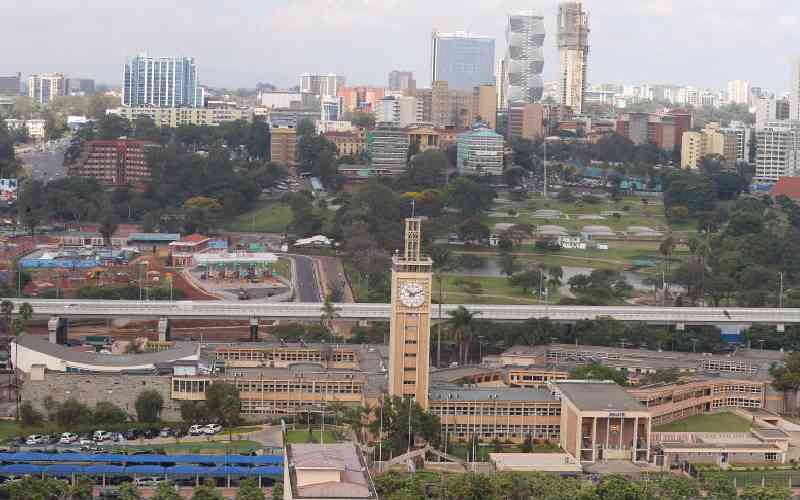
The government has recorded a major diplomatic triumph, following Kenya's election to the United Nations Human Rights Council. Coming in the wake of a spate of murders of unarmed protesters last June, and the continued arbitrary arrests and abduction of perceived government critics, the UN election, for a period of three years, signals Nairobi success as a regional powerhouse.
Kenya's candidacy in the UN polls was contested by civil society organisations, which, argued that Nairobi's human rights record was suspect, and that they were least qualified to provide leadership on that front.